Iraq / جمهورية العراق / کۆماری عێراق – Let’s explore here
What’s it like in Iraq?
Iraq is a beautiful country in central Asia. It’s home to some of the earliest civilisations, empires and cities in the world. Iraq has a very long, rich and troubled history. Its neighbours include Jordan, Syria, Saudi Arabia, Kuwait, Iran and Turkey.
Two of the world’s major rivers, the Euphrates and the Tigris, create marshland and fertile plains in the south of Iraq. In the east lies desert, which covers another third of the country. To the north east of the country, there are mountains which cover almost a third of the country. The highest point is Cheekha Dar, at 11,847 ft (3,611 m) above sea level.
The population of Iraq is around 45½ million people (2024), about eight million of whom live in the metropolitan area of the capital, Baghdad. It relies heavily on its oil revenues.
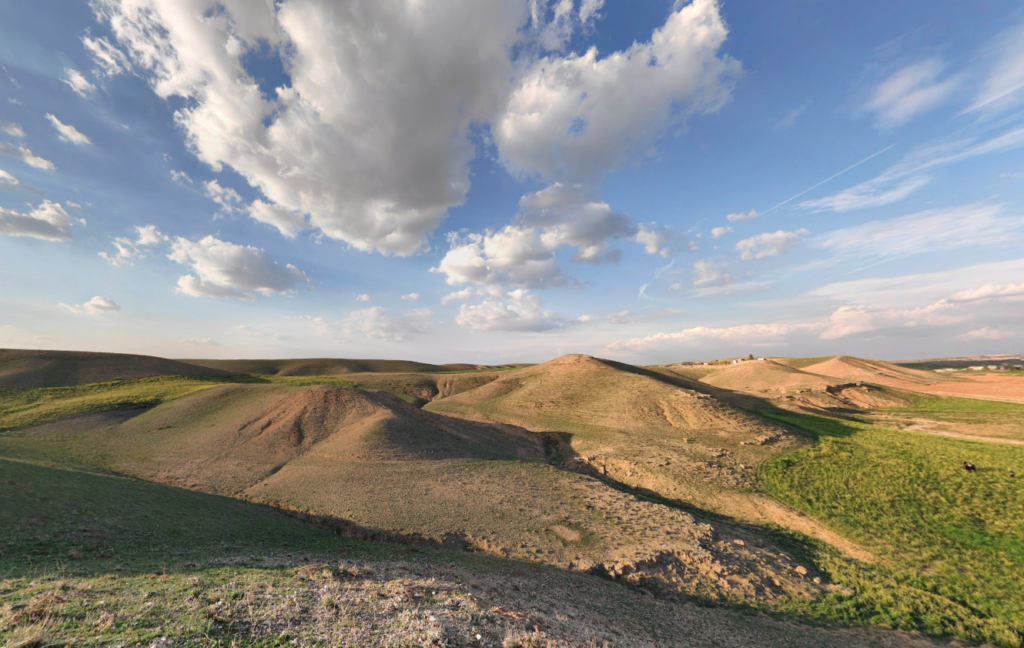
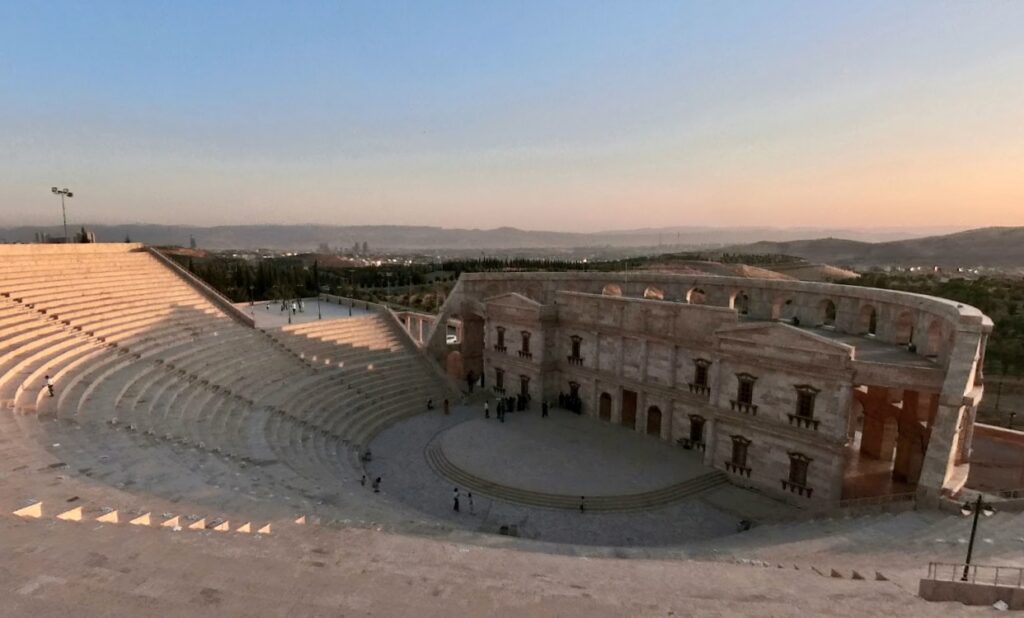
A bit about the history of Iraq
Ancient Mesopotamia and Early Civilizations
The history of Iraq began in ancient Mesopotamia, often referred to as the ‘cradle of civilisation’. The region was home to some of the world’s earliest cities and cultures, including the Sumerians, Akkadians, Babylonians and Assyrians. Around 3000 BC, the Sumerians developed the first known writing system, cuneiform, and established some of the earliest urban centers like Ur and Uruk. Over the centuries, several powerful empires arose in the area, including the Babylonian Empire, famously ruled by King Hammurabi, and the Assyrian Empire, known for its military prowess and advanced infrastructure.
Islamic Era and Arab Conquest
In the 7th century, Iraq became part of the rapidly expanding Islamic Caliphate after the Arab conquest of Mesopotamia in 635 AD. The city of Baghdad, founded in 762 AD, became the capital of the Abbasid Caliphate and a major centre of Islamic culture, science and learning during the Islamic Golden Age. Iraq remained under the control of various Islamic empires, including the Seljuks, Mongols and Ottomans, with periods of political instability and cultural transformation.
Ottoman Empire and British Influence
Iraq was part of the Ottoman Empire from the 16th century until World War I. Following the collapse of the Ottoman Empire after the war, Britain gained control over Iraq under a League of Nations mandate in 1920. Iraq was declared a kingdom in 1921, with Faisal I as the king, and formally gained independence from Britain in 1932. However, British influence remained strong, and the country experienced political instability throughout the early 20th century.
Rise of the Ba’ath Party and Saddam Hussein
In 1968, the Ba’ath Party, led by Ahmed Hassan al-Bakr, came to power in Iraq through a coup. Saddam Hussein, a prominent member of the party, became the country’s vice president and later president in 1979. Under Saddam’s leadership, Iraq pursued aggressive policies both domestically and abroad, including a brutal crackdown on political dissent, particularly among the Kurdish and Shiite populations.
Iran-Iraq War
From 1980 to 1988, Iraq was engaged in a devastating war with neighbouring Iran. The conflict began when Saddam Hussein, fearing the spread of Iran’s Islamic Revolution, invaded Iran. The war resulted in massive casualties and economic damage on both sides, but ultimately ended in a stalemate with no clear victor. The conflict left Iraq deeply weakened and in debt.
Gulf War
In 1990, Iraq invaded Kuwait, claiming it as part of its territory. This prompted a military response from a US led coalition, resulting in the Gulf War (1990-1991). The war ended with the expulsion of Iraqi forces from Kuwait, but Saddam Hussein’s regime remained in power. Following the war, the United Nations imposed sanctions on Iraq, and no-fly zones were established in the north and south to protect Kurds and Shiites from further repression.
Iraq War and US Occupation
In 2003, the United States, under President George W. Bush, led an invasion of Iraq, citing the threat of weapons of mass destruction (WMDs) and Iraq’s ties to terrorism as the main justifications. The invasion led to the quick toppling of Saddam Hussein’s government, but no WMDs were found. The invasion and subsequent occupation led to widespread instability, sectarian violence and the rise of insurgent groups, including Al-Qaeda in Iraq, which later evolved into ISIS.
Post-Saddam Iraq and the Rise of ISIS
After the fall of Saddam Hussein, Iraq struggled with sectarian violence and political instability. The country’s power vacuum and divisive political environment led to the rise of ISIS, a brutal extremist group that seized large portions of Iraq, including Mosul, in 2014. The Iraqi government, supported by US led coalition forces, gradually pushed ISIS out by 2017, but the group left a lasting legacy of destruction and instability.
Modern Iraq
In the years following the defeat of ISIS, Iraq has faced significant challenges, including rebuilding its war-torn infrastructure, addressing political corruption, and managing sectarian tensions between Sunni, Shiite and Kurdish groups. Iraq continues to deal with the influence of foreign powers, internal political challenges, and efforts to stabilise its economy. Despite these issues, Iraq remains a key player in the Middle East, with significant oil reserves and a strategic location. The country has made strides towards rebuilding, but its future remains uncertain, with ongoing efforts to strengthen governance, security and national unity.

Iraq road trip
We haven’t finished our planning for road trip through Iraq yet. When we do though, we’ll post it here, and in the blog.
Hopefully our journey will improve our knowledge of this intriguing and beautiful country, and enable us to meet some interesting people. We’ll be updating this page at that time – don’t forget to check back 🙂
Map of Iraq
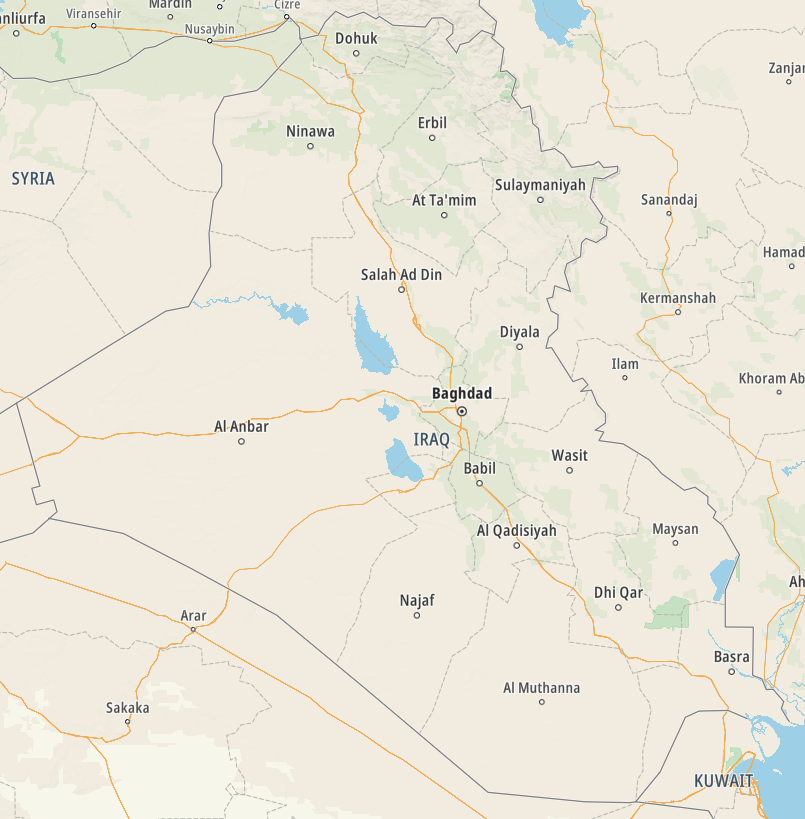
What’s it like to drive in Iraq?
They drive on the right hand side of the road in Iraq. In the main, roads are quite poor, with many being unsurfaced dirt tracks. Driving standards are also poor.
Do you require an international driving permit in Iraq?
We’ve created a dedicated page to driving abroad, which answers this question, and more, which you might find helpful.
Can you use your UK driving license when driving through Iraq?
We’ve created a dedicated page to driving abroad, which answers this question, and more, which you might find helpful.
Do I need a carnet de passages to drive in Iraq?
A Carnet de Passages is required to overland in Iraq. We’ve created a dedicated page to driving abroad, which answers this question, and more, which you might find helpful.
What currency do they use in Iraq?
In Iraq they use the Iraqi Dinar. Cash is widely used, especially US dollars and Euros. The use of credit / debit cards is not widely accepted. Travellers cheques are not readily accepted. There are many ATMs in cities and towns throughout the country, although few work and even fewer accept foreign issued cards.
You should make yourself aware of the amount that your bank charges you for using credit and debit cards abroad. Often credit cards are cheaper for purchasing items directly, and for withdrawing cash from ATMs.
What language do they speak in Iraq?
They speak Arabic and Kurdish in Iraq. English is not widely spoken, but is becoming more popular amongst the younger generations.
What time zone is Iraq in?
Remember, when you’re planning your next trip to take a look at what time zone it’s in.
Do I need a visa to visit Iraq?
We’ve created a dedicated, more comprehensive page on visas, which you should find helpful. Check it out!
Is wild camping legal in Iraq?
Yes, wild camping is fine in Iraq.
What plug / socket type do they use in Iraq?
In Iraq they use plug / socket types C, D and G.

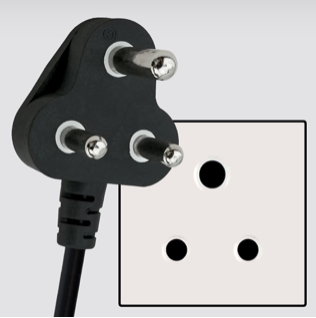
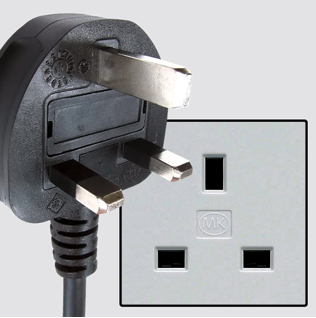
Health issues in Iraq
Is it safe to drink water in Iraq?
No, it is not safe to drink tap water in Iraq. Bottled water is readily available throughout the country.
What vaccinations are required for Iraq?
This NHS website is kept up to date with all relevant information on vaccinations in Iraq.
Phones in Iraq
What is the country calling code for Iraq?
The country calling code for Iraq is +964
What are the emergency phone numbers in Iraq?
- The emergency number for police in Iraq is: 112 / 911 / 104
- In Iraq, the emergency number for ambulance is: 112 / 911 / 122
- The emergency number for fire in Iraq is: 112 / 911 / 115
If you’ve got some useful info that you’d like to share, let us know!
And don’t forget to check out all the other pictures!
